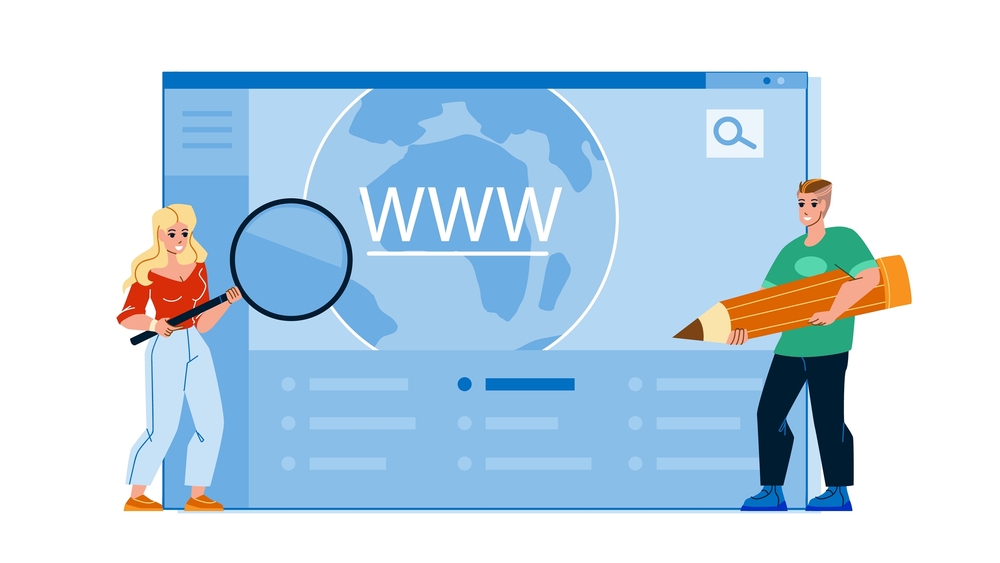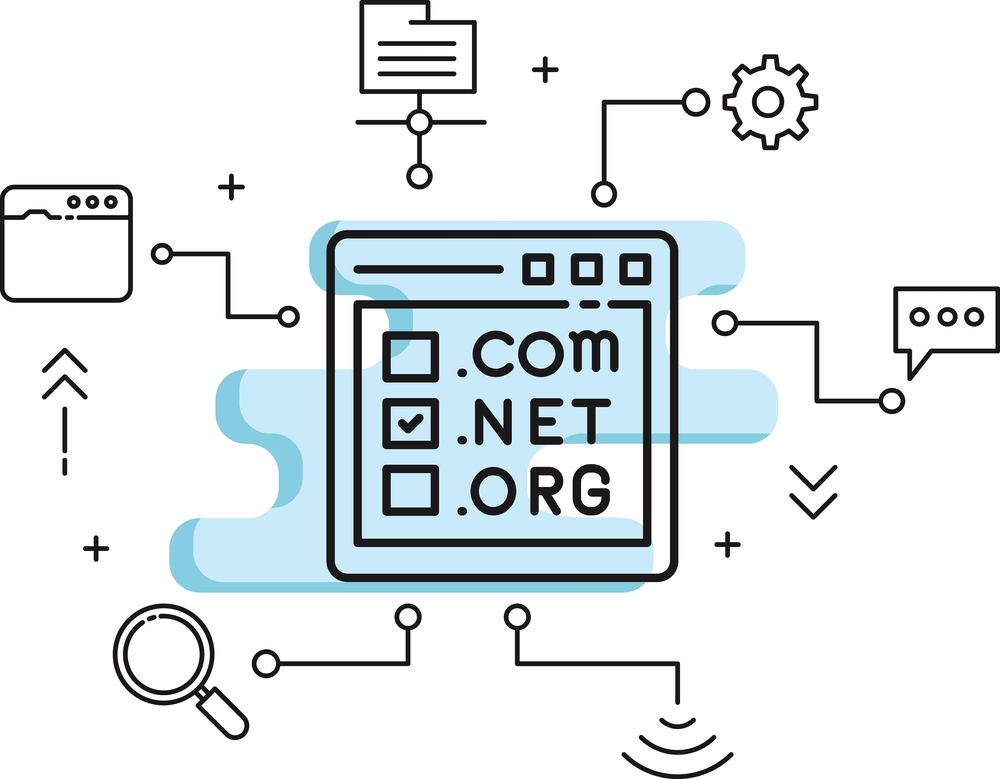Domain Transfer Process: A Step-by-Step Guide
Transferring a domain name from one registrar to another might sound technical, but it’s actually a straightforward task when you understand the process. Whether you’re looking for better customer support, lower renewal costs, or improved features, knowing the domain transfer process can help you make a smooth transition.
In this guide, we’ll walk you through every step, from preparation to completion, ensuring your domain transfer is secure and successful.
Why Transfer a Domain?
There are several reasons to transfer a domain:
-
Better pricing for renewals or new features
-
Superior customer service
-
More advanced DNS or security tools
-
Consolidation of multiple domains under one registrar
Regardless of the reason, the domain transfer process is largely the same across most registrars.
Pre-Transfer Checklist
Before starting the process, ensure the following:
✅ Domain is eligible for transfer
-
Your domain must be at least 60 days old (ICANN regulation)
-
Must not have been transferred within the last 60 days
✅ Domain is unlocked
-
Domains are typically locked by default to prevent unauthorized changes. You’ll need to unlock it from your current registrar’s dashboard.
✅ You have access to the authorization code (EPP code)
-
This is like a password for your domain. Your current registrar will provide this on request or in your account.
✅ WHOIS information is up-to-date
-
Ensure the registrant’s email is correct, as verification emails are sent here during the transfer.

Step-by-Step Domain Transfer Process
Step 1: Unlock the Domain
Log in to your current domain registrar and unlock the domain you wish to transfer. This setting is usually found in the domain management area.
Step 2: Obtain the Authorization Code
Also known as the EPP code or transfer key, this code is essential to authorize the transfer. It will be emailed to you or shown in your domain control panel.
Step 3: Initiate the Transfer with New Registrar
Visit the registrar you want to transfer your domain to (e.g., Namecheap, GoDaddy, or Google Domains). Start the domain transfer process and enter the authorization code when prompted.
Here are transfer pages of top registrars:
Step 4: Confirm the Transfer
An email will be sent to the administrative contact (as per WHOIS info). You must approve the transfer via email. Some registrars may also ask you to log in and confirm.
Step 5: Wait for Completion
Transfers usually take 5–7 days to complete, though some may be done in less than 24 hours depending on registrar policies. You’ll receive confirmation once the transfer is finalized.
Common Questions About Domain Transfers
Will my website go down during the transfer?
No, transferring a domain does not affect the actual hosting. As long as your DNS settings remain the same, your website will stay online.
Do I lose time on my domain registration?
No. Most registrars add one year to your domain expiration when you transfer, so you don’t lose any remaining time.
Can I transfer expired domains?
Expired domains typically must be renewed before transfer. Some registrars allow transfers during a short grace period after expiration.
Tips for a Smooth Transfer
-
Avoid making DNS or WHOIS changes during the transfer window.
-
Transfer domains well before expiry to avoid last-minute issues.
-
Disable WHOIS privacy temporarily, if needed, to receive the confirmation email.
-
Check your domain status post-transfer to ensure it’s active and locked again.
When to Avoid a Transfer
There are some cases where a transfer might not be a good idea:
-
Your domain is very close to expiry and you risk losing access
-
You don’t have access to the administrative email tied to the domain
-
You’re experiencing downtime, and DNS settings could be disturbed during transition
Need Help with Your Domain Transfer?
If you’re unsure about the domain transfer process or want to ensure it’s handled professionally, Digitor is here to help. We assist businesses in seamlessly migrating domains with no loss of uptime or data.
👉 Contact us today to get expert help with your domain transfer.
Conclusion
The domain transfer process is not as complex as it may seem. With a bit of preparation and the right steps, you can easily move your domain to a registrar that better fits your needs. Just remember to keep an eye on key details like the EPP code, WHOIS info, and email confirmations—and you’ll be done in no time.













